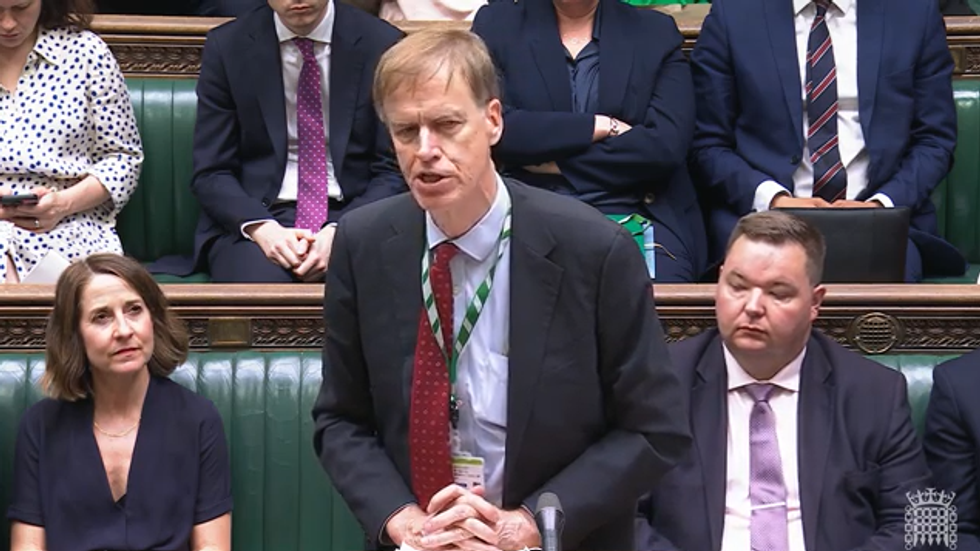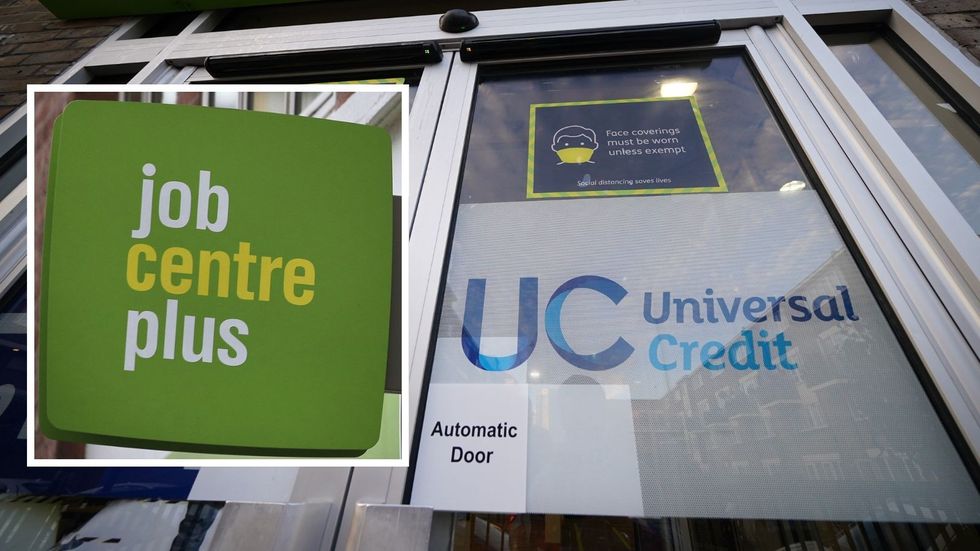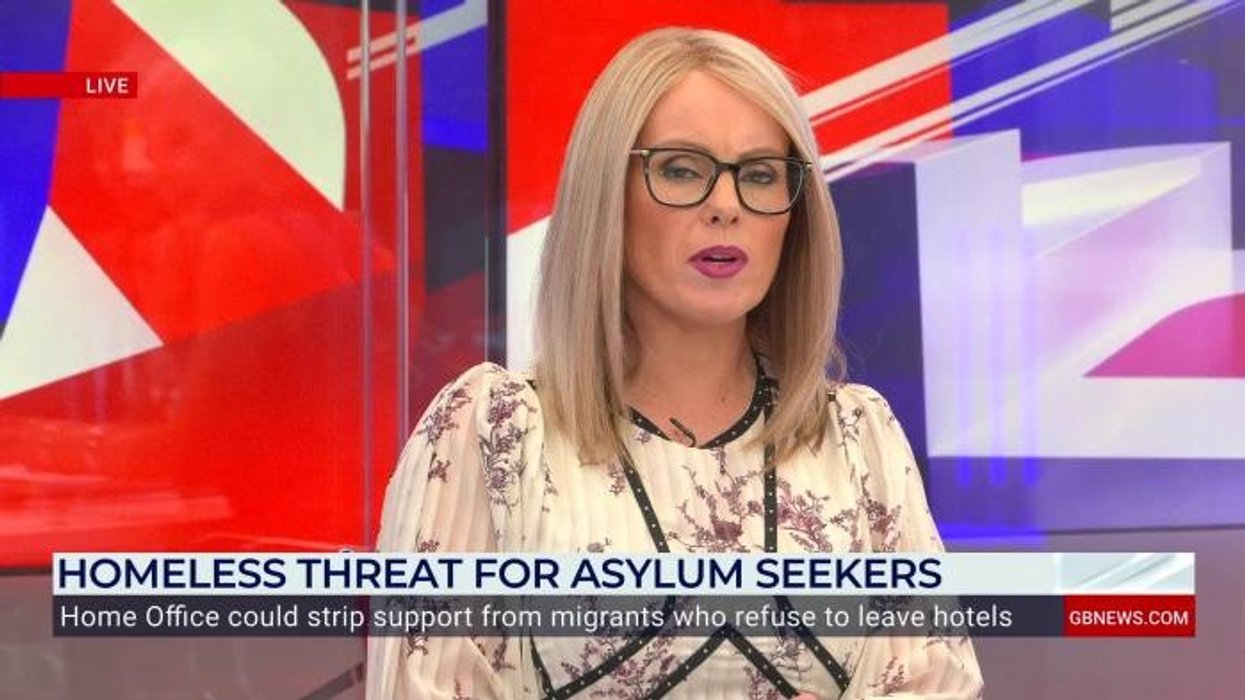DWP to scrap health benefit next year under Universal Credit overhaul - what you need to know

Benefit claimants are being urged to check how they will be impacted by upcoming DWP reforms
Don't Miss
Most Read
Latest
The Department for Work and Pensions (DWP) is preparing to scrap the income-related Employment and Support Allowance (ESA) by spring 2026 as part of wider reforms to the benefits system.
As it stands, the department is planning to transfer all recipients to Universal Credit with Labour's Minister for Social Security and Disability Sir Stephen Timms, Minister confirming the March 2026 deadline for completing this transition.
During parliamentary proceedings before the summer receess, Mr Timms responded to Portsmouth North MP Amanda Martin's enquiry about disability benefit claimants.
He stated that ESA recipients would transition to Universal Credit's Health Element as part of the migration process with the DWP aiming to streamline the benefit support on offer.
**ARE YOU READING THIS ON OUR APP? DOWNLOAD NOW FOR THE BEST GB NEWS EXPERIENCE**

The DWP is making drastic changes to the benefit payments it has on offer
|GETTY
Despite this change, the minister assured that safeguards would exist for those who haven't transferred by April 2026, with ESA rates adjusted to mirror Universal Credit changes.
He explained: "The Department plans to complete migration of ESA claimants to UC by March 2026. As part of this ESA claimants will be migrated to the UC Health Element."
"To protect any claimants who have not migrated by April 2026 we intend to mirror as closely as possible the changes made in UC in the ESA rates. Changes to the 'support component' and the two disability premia (severe and enhanced disability premium rates) will reflect changes to UC LCWRA rates for existing claimants. "
"Including these commensurate measures aims to give fair treatment for all customers moving onto UC from income related ESA, regardless of their point of migration."
Do you have a money story you’d like to share? Get in touch by emailing money@gbnews.uk.

Sir Stephen Timms confirmed changes to ESA before the parliamentary summer recess
| PARLIAMENT.TVThis change comes as financial hardship continues to grip British households, with essential goods maintaining elevated prices beyond the 2022 crisis peak, according to Resolution Foundation research.
Data from the Food Foundation revealed that 13.9 per cent of UK households faced food insecurity in January 2025. Energy costs reached £3.9billion by late 2024, whilst wages remain flat against persistently high household expenses.
Despite approximately one-third of the population receiving DWP-administered support, Policy in Practice data indicates £23billion in benefits remains unclaimed annually.
The organisation provides an online calculator enabling individuals to determine their entitlements, addressing the significant gap between available assistance and actual claims.
MEMBERSHIP:
- MAPPED: Full list of local authorities housing hotel migrants - how many are in YOUR area?
- REVEALED: The 32 seats that could parachute Nigel Farage into No10 as General Election petition hits 800k
- Think Reform has gone soft? Farage's migration blueprint will leave you eating your words - Ann Widdecombe
- REVEALED: Panic stations for Keir Starmer as migrant hotel fury sparks ballot box revenge in 20 seats
- Lucy Connolly's release is a step in the right direction, but the screws are turning – Matthew Goodwin
September brings no alterations to regular payment schedules, as no bank holidays fall within the month unlike in August. Recipients receive their funds according to standard timetables outlined on the Government portal.
State pension payments follow a four-weekly cycle, with the final two digits of National Insurance numbers determining payment dates. April saw working-age benefits increase by 1.7 per cent , including Universal Credit, Personal Independence Payment (PIP), Carer's Allowance and Attendance Allowance.
LATEST DEVELOPMENTS:
 Universal Credit claimants are set to get boost | PA
Universal Credit claimants are set to get boost | PAIn comparison, state pensions rose more substantially at 4.1 per cent, adding £472 annually and aligning with 2024 wage growth figures thanks to the triple lock mechanism.
Universal Credit recipients will receive above-inflation rises annually through 2029, beginning with a minimum 2.3 per cent boost next April under Labour's welfare legislation.
However, new applicants face significant reductions to the health component, dropping from £205 to £50 monthly with freezes extending to 2029.
Energy price cap announcements for October through December are expected by August's end, following the July-September reduction from £1,849 to £1,720.
More From GB News











